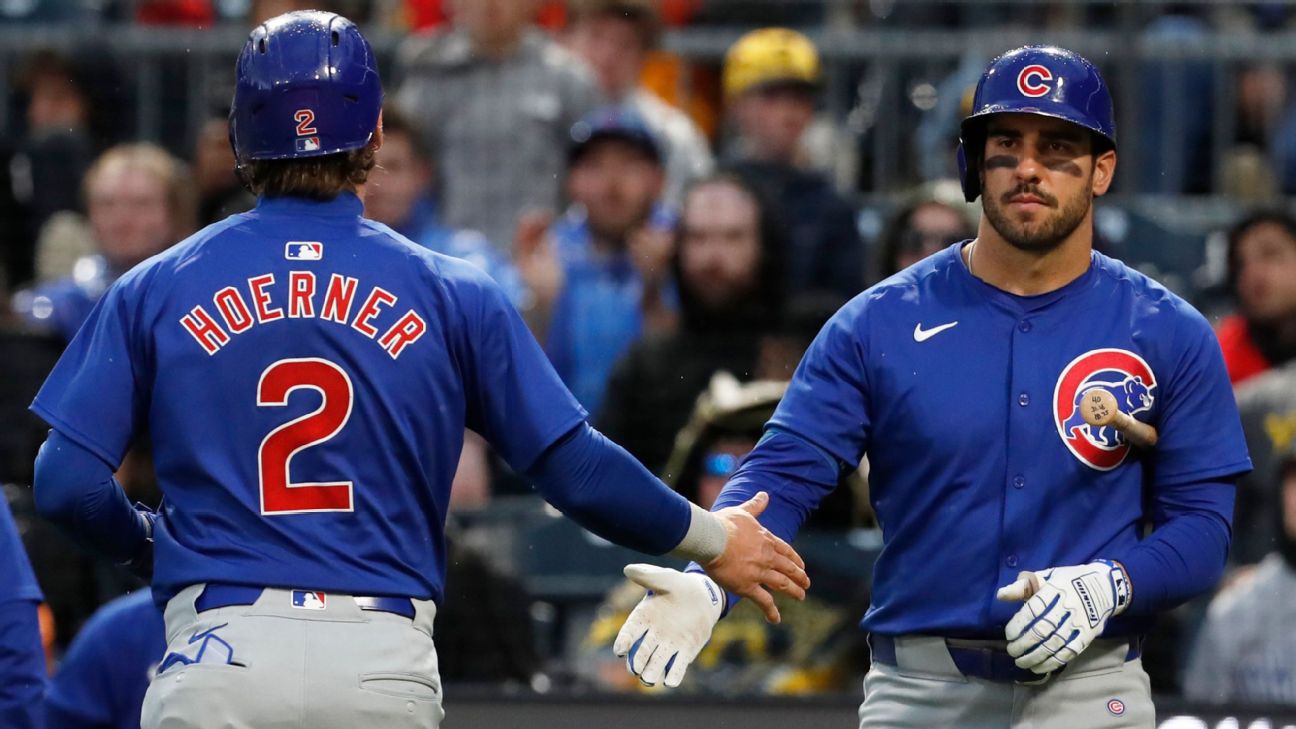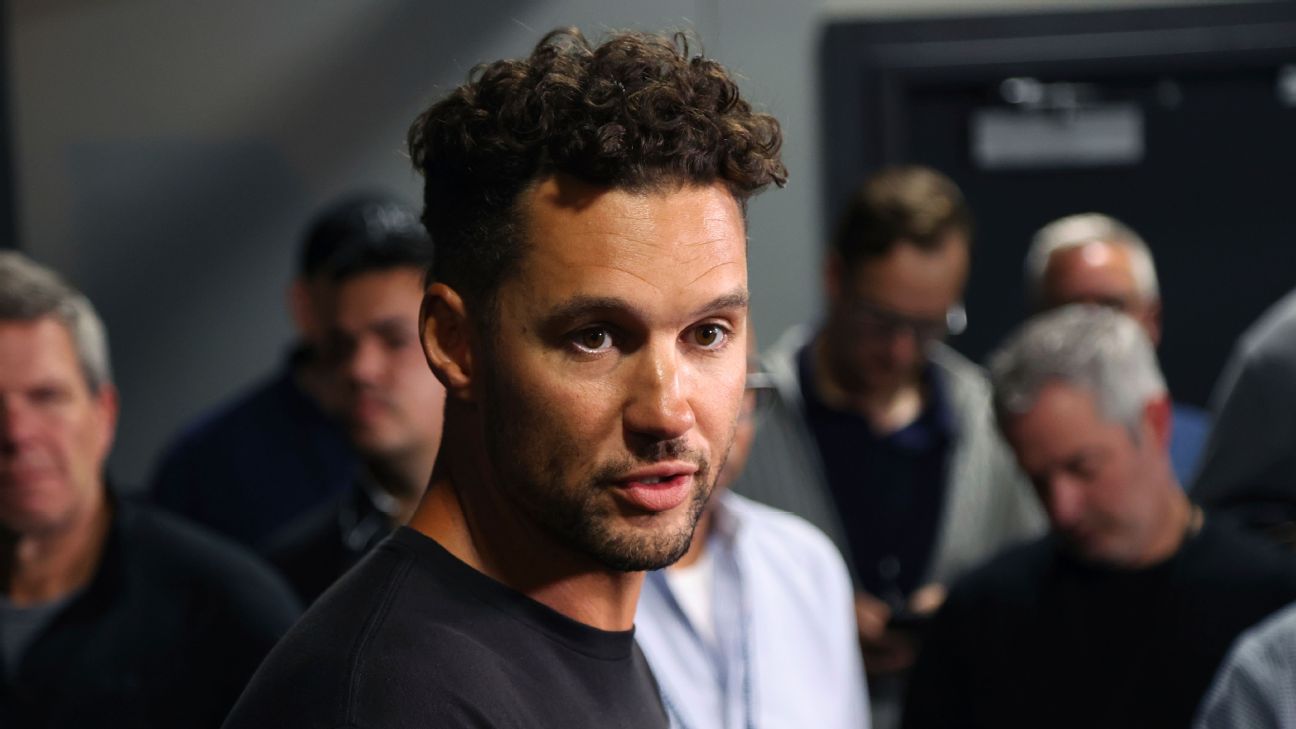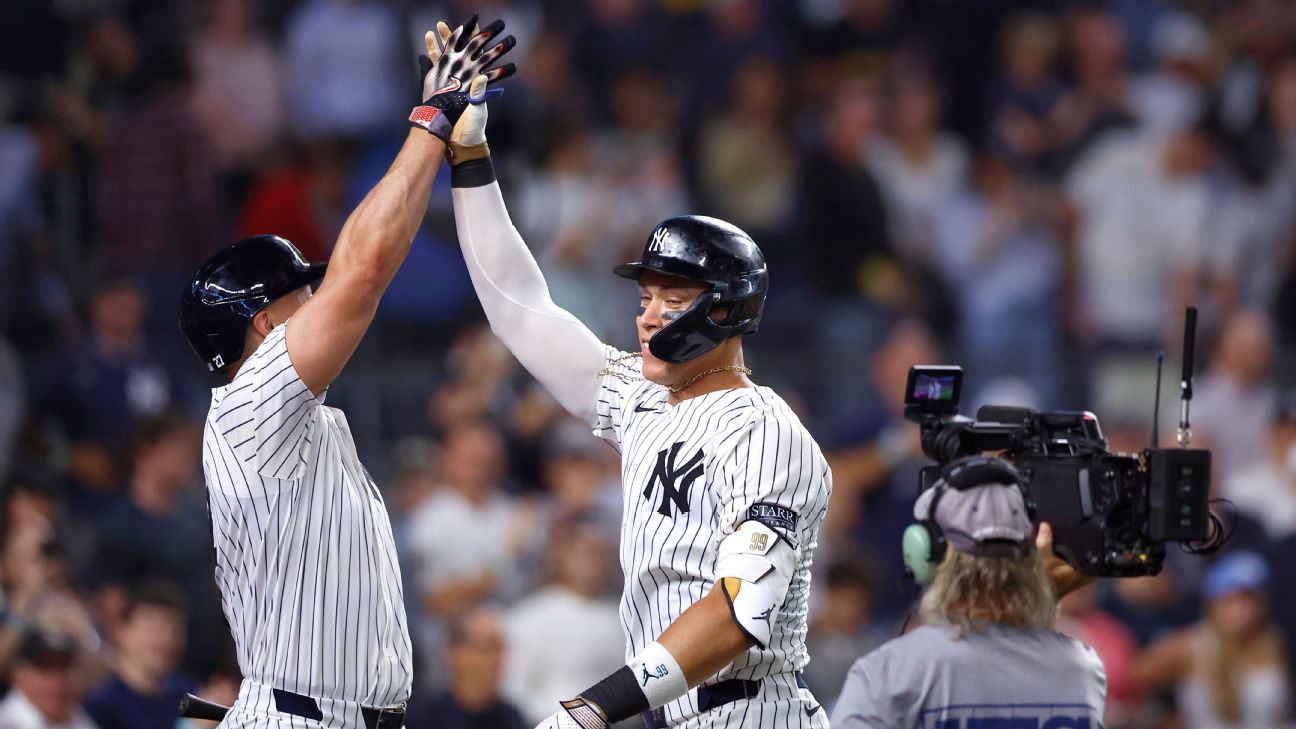Former Chicago White Sox slugger Dick Allen dies at 78


PHILADELPHIA -- Former Chicago White Sox and Philadelphia Phillies star Dick Allen died Monday at the age of 78.
The Major League Baseball Players Association announced Allen's death. A cause of death has not been announced.
Allen was one of MLB's most feared sluggers in the 1960s and 1970s, hitting 351 home runs and batting .292 over parts of 15 seasons with the Phillies, White Sox, Cardinals, Dodgers and Athletics.
A seven-time All-Star, Allen was the American League MVP in 1972, when he led the league with 37 homers and 113 RBIs in his first season with the White Sox.
Allen also was the NL Rookie of the Year with the Phillies in 1964, when he batted .318 with 29 home runs and a league-leading 125 runs scored.
The Phillies released this statement on Allen's death:
"The Phillies are heartbroken over the passing today of our dear friend and co-worker, Dick Allen. Dick will be remembered as not just one of the greatest and most popular players in our franchise's history, but also as a courageous warrior who had to overcome far too many obstacles to reach the level he did. Dick's iconic status will resonate for generations of baseball fans to come as one of the all-time greats to play America's Pastime. He is now reunited with his beloved daughter, Terri. The Phillies extend their condolences to Dick's widow, Willa, his family, friends and all his fans from coast to coast."
Allen's No. 15 was retired by the Phillies in September, an honor that was considered way overdue by many for one of the franchise's greatest players.
Phillies managing partner John Middleton broke from the team's longstanding "unwritten" policy of only retiring the number of players who are in the Hall of Fame to honor Allen. In 2014, Allen fell one vote short of Cooperstown in a Hall committee election.
"I thank the city of Philadelphia. Even though it was rough, I've made some friends along the way," Allen said in an emotional ceremony on a warm, sunny afternoon.
Middleton said he was "bereft to learn of Dick's passing today."
"Our community's powerful connection to, and pride in, Dick leaves all of us in a state of mourning. He will be remembered not only for his extraordinary baseball skills and accomplishments, but equally for his strength of character. His humility, gratitude and compassion were so evident when we retired Dick's number just three months ago. I am grateful he was able to participate in the ceremony and experience the outpouring of affection and respect we have for him," Middleton said.
Mike Schmidt, a Hall of Fame third baseman who helped lure Allen out of retirement to return to Philadelphia for a second stint with the team in 1975, was among the former players who attended the ceremony. They wore masks and sat several feet apart during the coronavirus pandemic that shortened the major league season to 60 games. The Phillies planned to honor Allen again in 2021 with fans in attendance.
Schmidt called Allen "an amazing mentor" who was wrongly labeled a "bad teammate" and "troublemaker."
"Dick was a sensitive Black man who refused to be treated as a second-class citizen," Schmidt said in a speech. "He played in front of home fans that were products of that racist era (with) racist teammates and different rules for whites and Blacks. Fans threw stuff at him and thus Dick wore a batting helmet throughout the whole game. They yelled degrading racial slurs. They dumped trash in his front yard at his home. In general, he was tormented and it came from all directions. And Dick rebelled."
Allen answered in his own way, sometimes scratching out "Boo" or "No" with his cleats in the dirt around the bases.
Schmidt pointed out Allen didn't have a negative reputation playing for the St. Louis Cardinals, Los Angeles Dodgers and Chicago White Sox. He also campaigned for Allen's induction into the Hall of Fame.
"My friends, these (negative) labels have kept Dick Allen out of the Hall of Fame," Schmidt said. "Imagine what Dick could've accomplished as a player in another era, on another team, left alone to hone his skills, to be confident, to come to the ballpark every day and just play baseball."
Allen was Middleton's favorite player as a kid. He called the abuse Allen received "horrific" and pointed out his accomplishments are even greater considering the racism he endured.
Allen batted .292 with 351 home runs, 1,119 RBIs and .912 OPS in 15 seasons. He played first base, third base and left field.
After seven years in Philadelphia, Allen played a season each with the Cardinals and Dodgers.
In 1972, he joined the White Sox and was an immediate hit in winning the AL MVP. Allen led the AL in homers (37), RBIs (113), on-base average and slugging percentage.
His impact was felt on the diamond and in the stands. Chicago finished second in the AL West that year with 87 wins and drew nearly 1.2 million fans; two years earlier, the White Sox were 56-106 and only 495,000 people came out to Comiskey Park to see them.
"It was one of those things where the fans were kind of down in the dumps," Bill Melton, his All-Star teammate in Chicago, recalled Monday. "Things were bad. The economy was bad, everything."
"I think Dick just brought a flavor to the White Sox. And the flavor was this: national attention. We'd go into New York, we'd finally get writers, press, pictures back to Chicago. ... We were starting to draw attention, magazine covers," he said.
Melton said Allen would always shrug off the Hall of Fame vote, saying it wasn't meant to be. But he wasn't sure how his former teammate really felt.
"We probably were more angry than he was," he said. "There's a lot of bad characters in baseball. Dick wasn't one of them. He was beloved by his team."
Melton said he spoke to Allen a week ago for about a half-hour.
"He never uttered once about his condition. I just found out today that he passed from cancer. He refused to take the chemo the second time around. To me, it was typical Dick Allen: I've had enough. When he's had enough, he moves on," he said.
Allen had the fifth-most home runs (319) over an 11-year span (1964-74) behind four Hall of Famers: Hank Aaron (391), Harmon Killebrew (336), Willie Stargell (335) and Willie McCovey (327). His .940 OPS during that time was second to Aaron's .941. He finished his career with Oakland in 1977.
Allen wasn't elected into the Hall of Fame by the Baseball Writers' Association of America and he fell one vote short in Golden Era Committee voting in 2014. The Golden Days Committee and the Early Days Committee did not vote this year because of COVID-19 and instead will meet during the winter of 2021.
In his only postseason appearance, Allen went 2 for 9 as the Phillies got swept in three games by Cincinnati in the 1976 NL Championship Series.
Allen nearly made it to the World Series as a rookie, but the '64 Phillies notoriously blew a 6 1/2-game lead in the NL with just 12 games remaining. While Philadelphia lost 10 in a row and closed in a 2-10 slump, Allen hit .429 (21 for 49) in that span.
Two of Allen's brothers played in the majors. Hank was an outfielder for seven seasons, mostly with the Washington Senators, and Ron had a total of seven games for the Cardinals.
"He is now reunited with his beloved daughter, Terri. The Phillies extend their condolences to Dick's widow, Willa, his family, friends and all his fans from coast to coast," the Phillies said.
ESPN and the Associated Press contributed to this report.











